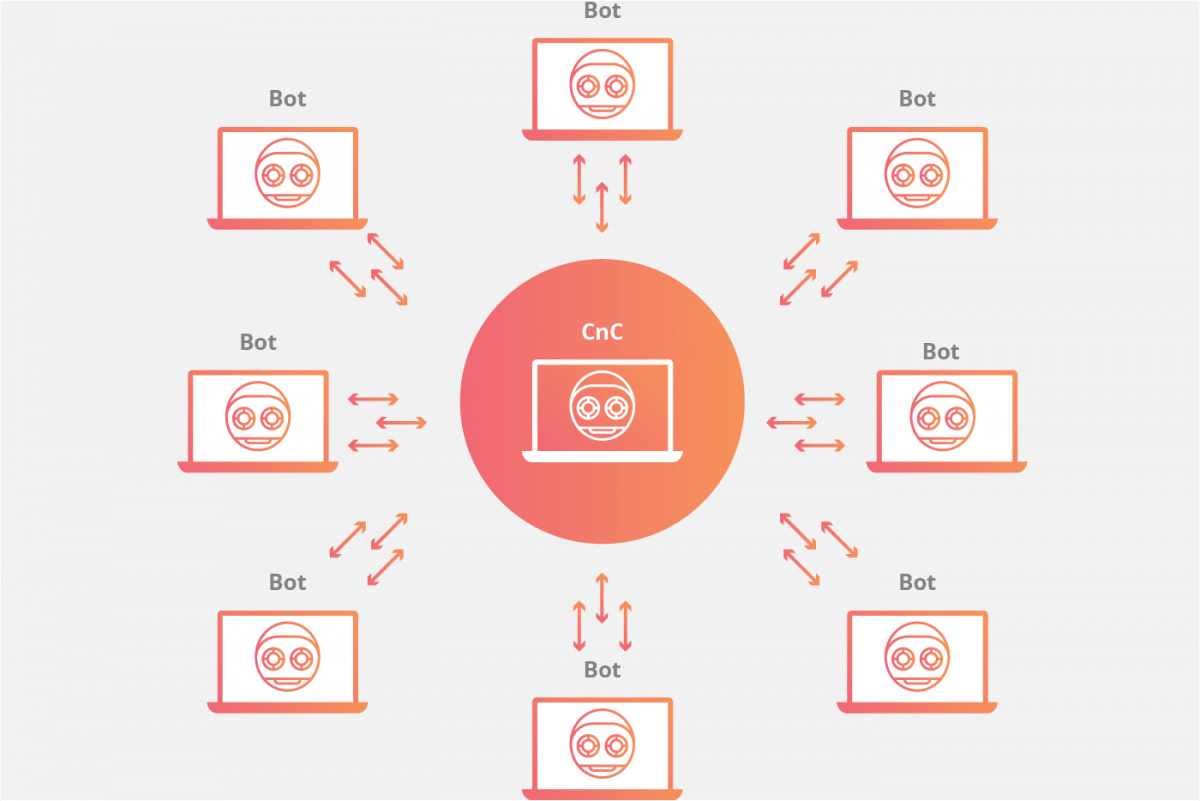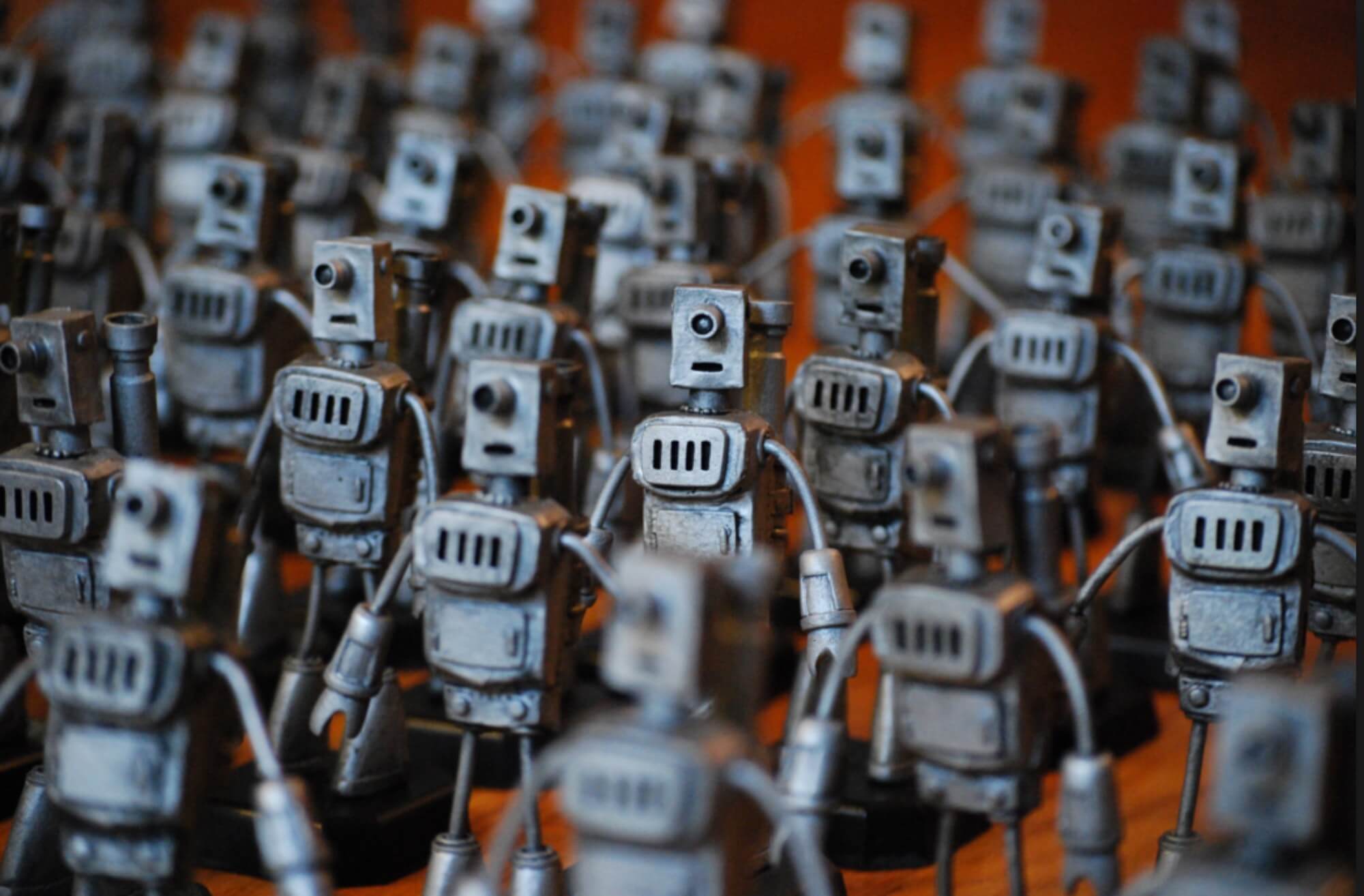In context: New York Magazine published an interesting piece in its "Intelligencer" section opining that most of the internet (including its users) is fake. While I don't necessarily agree with everything put forth in the article, it does make several salient and interesting points.
White Ops recently reported on the indictments of two advertising-fraud operations --- Methbot and 3ve. Both scams involved fooling advertisers into thinking their ads had been placed on prominent websites and received copious amounts of attention. However, it turned out that everything from the ad views to the sites was fake. This led New York Magazine to the question: "How much of the internet is fake?"
Perhaps stating that more than 40 percent of the internet is fake is not a surprise, but it is interesting to note nonetheless. Some studies have shown that less than 60 of traffic on the internet is human. Bots became so widespread on YouTube in 2013 that developers were afraid their algorithms would start interpreting bot behavior as human and human traffic as bots.
The prevalence of bots on the internet is no secret, but it has led to the point of not knowing what is real on the internet.

In October, Facebook was sued for overestimating how much time users spend watching videos on the platform. According to the Wall Street Journal, Facebook contends that it only slightly misjudged the figure by 60 to 80 percent. The plaintiffs say that it was more like 150 to 900 percent. Regardless of which party is right, Facebook has admitted to misreporting other metrics. So, according to NYM, "The metrics are fake."
It also points out the growth of click farms. These are services that will guarantee to get you a certain number of views for a price. Of course, these clicks are generated by bots rather than people in most cases, which prompted YouTube to purge what it deemed as "spam accounts" earlier this month. So "the people are fake."
Cambridge Analytica showed us that political groups are willing to buy our information from social media sites to influence our political opinions. What's more, NYM contends that political discourse on the internet has devolved into arguments accusing each other of "virtue signaling" or claiming that the other person is a Russian bot. So, "our politics are fake."
"Years of lucrative manipulative systems have created an environment where it makes more sense to be fake online than it does to be real."
Even "we ourselves are fake." It used to be that the idiom of "keeping up with the Joneses" meant buying everything you saw your neighbor buy so as not to be left out socially. Now it means we cheat on meaningless online quizzes and post the results on social media to "prove" we are smart. We pretend we are proud of our kids by posting pictures of them when all we really want are the likes. Likewise, we compulsively click the like button on someone else's post even when we don't like what it says, just so that we will continue to be liked by them.
Of course this is not true for everyone, but it seems to be more and more people are falling into an abyss of fake-ism created by the internet in general and social media in particular.
"Years of metrics-driven growth, lucrative manipulative systems, and unregulated platform marketplaces have created an environment where it makes more sense to be fake online --- to be disingenuous and cynical, to lie and cheat, to misrepresent and distort --- than it does to be real," NYM wrote in closing. "Fixing that would require cultural and political reform in Silicon Valley and around the world, but it's our only choice. Otherwise, we'll all end up on the bot internet of fake people, fake clicks, fake sites, and fake computers, where the only real thing is the ads."
